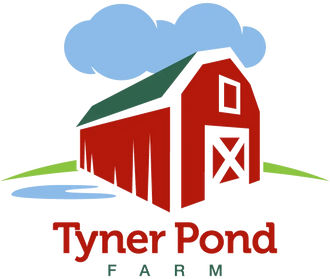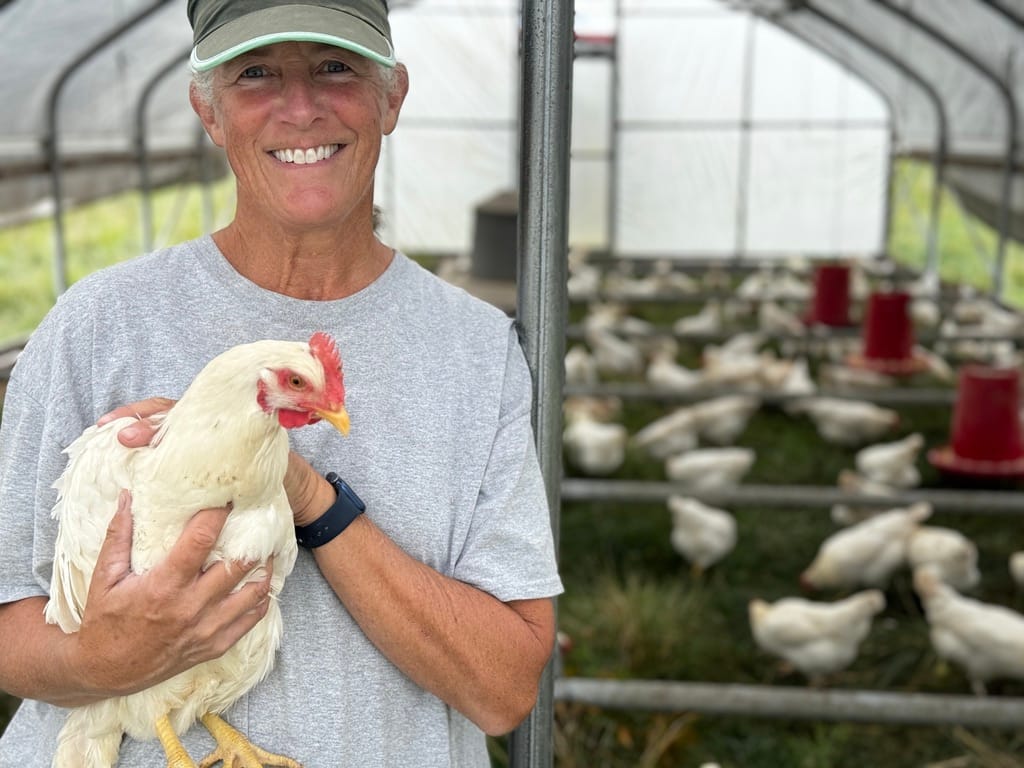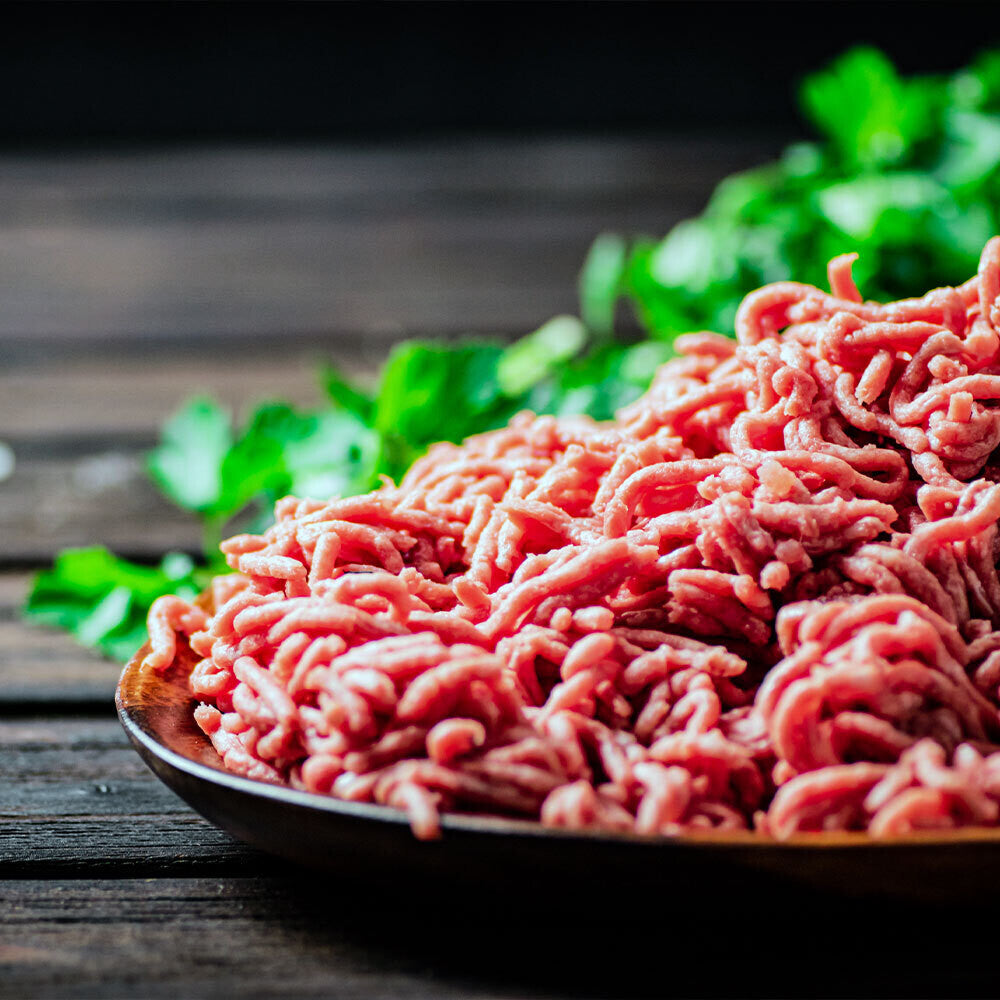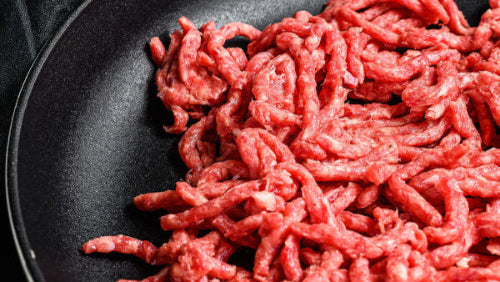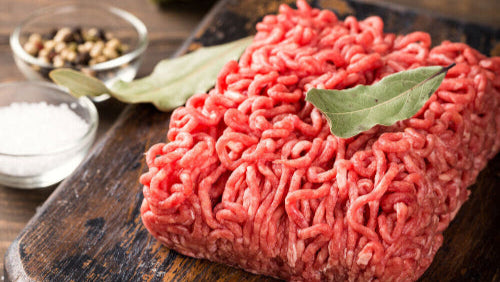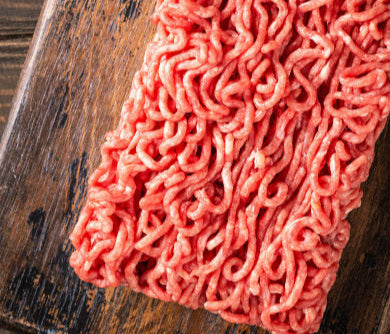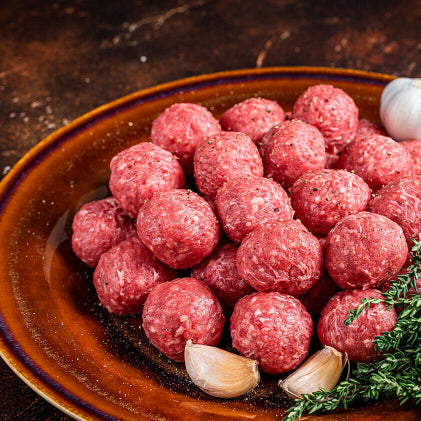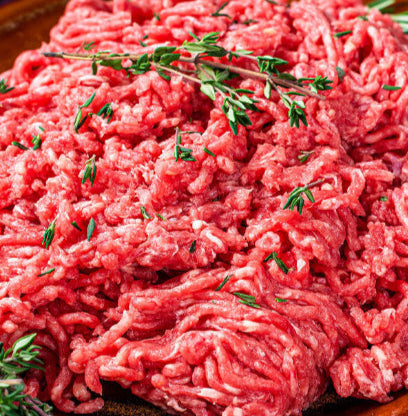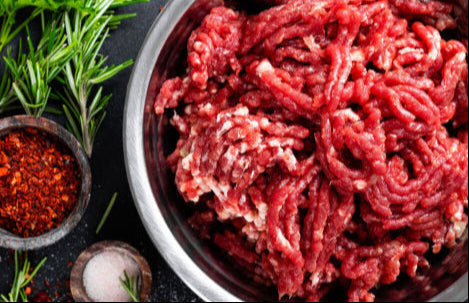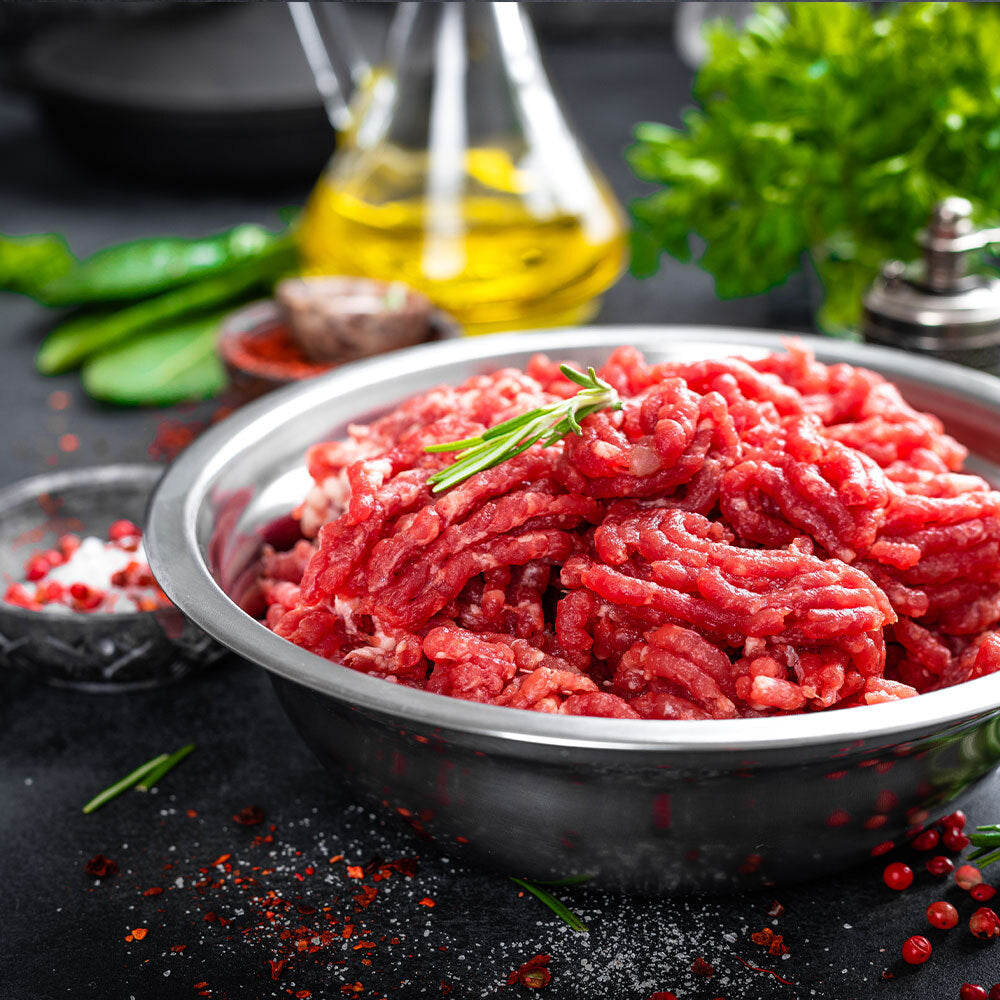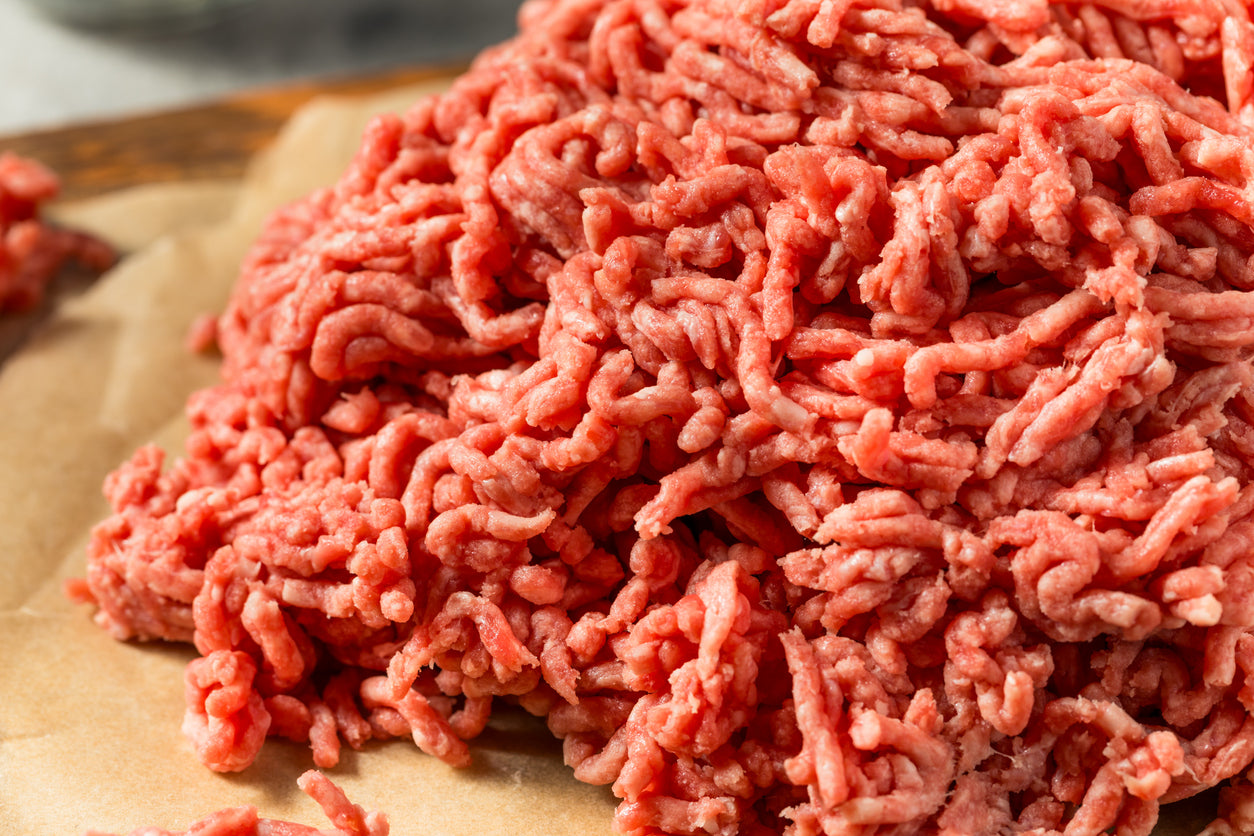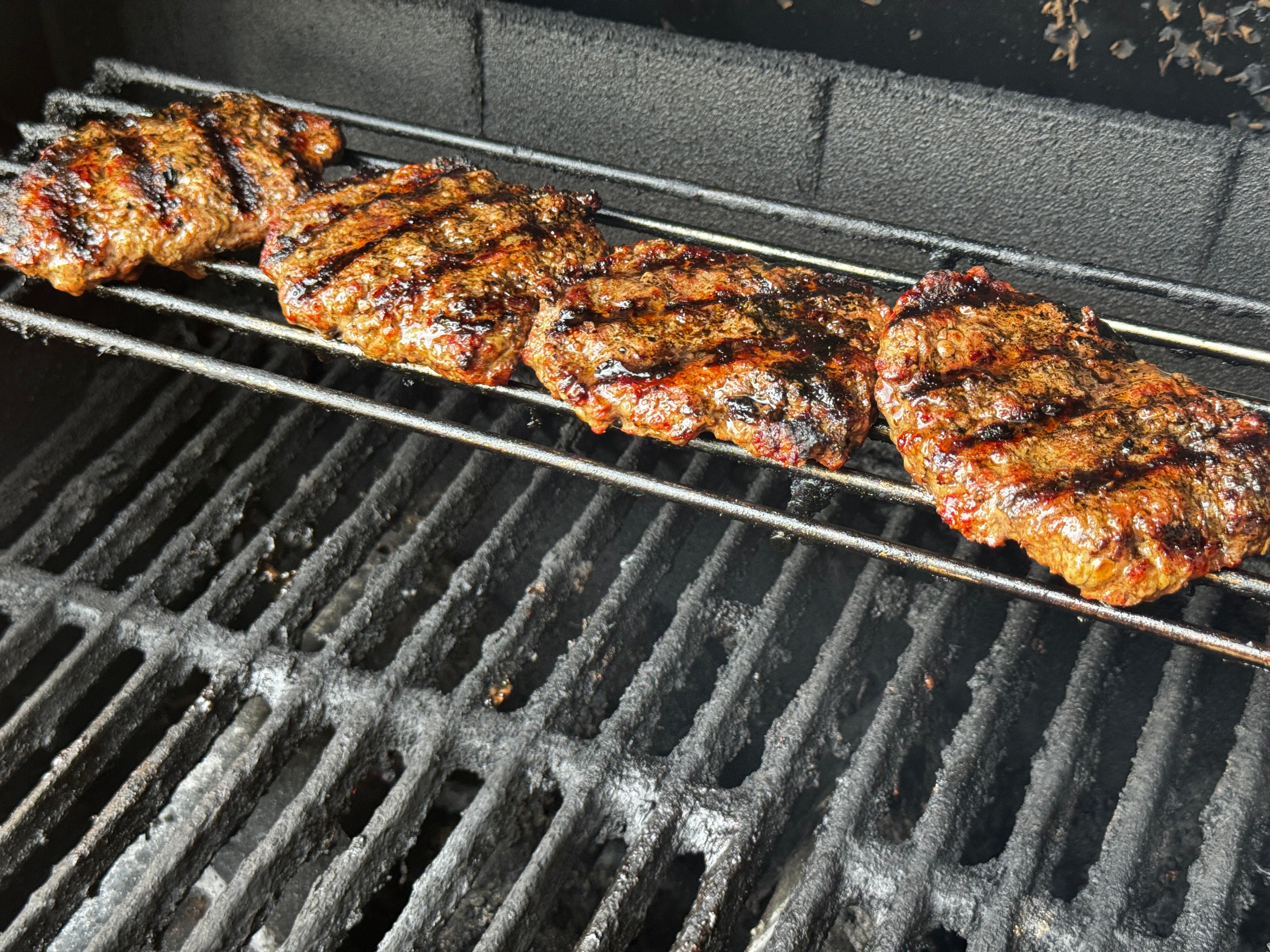
Genetic and Physical Characteristics of Successful Grass Fed Beef Cattle
The Importance of Selecting Grass Fed Beef Cows with the Right Genetic and Physical Traits
 Our Old Herd Of Wagyu Beef
When we first started Tyner Pond Farm, we had a clear vision of producing 100% grass fed beef. The idea behind this was to provide our customers with meat that was not only healthy but also environmentally sustainable. As we started to research the different types of beef cattle available, we came across the Wagyu breed, which is known for producing some of the highest quality beef in the world. Excited by the prospect of producing premium grass-fed Wagyu beef, we decided to go ahead and invest in these cattle.
However, things did not go according to plan. Despite our best efforts, the Wagyu cattle were not thriving on our farm and were not producing the high-quality meat we had hoped for. We were left scratching our heads, wondering what had gone wrong.
It was at this point that we decided to seek the help of Greg Judy, a renowned expert in grass-fed beef production. After taking one look at our Wagyu cattle, Greg immediately identified the problem. He pointed out that Wagyu cattle are not well-suited for grass fed beef production, they, like Black Angus, are simply not built for grass unfortunately.
Greg went on to explain that when it comes to grass fed beef, genetics play a crucial role in determining the quality of the meat. Certain breeds are simply better suited for this type of production than others. While Wagyu cattle may be renowned for producing high-quality beef when finished on grain, they are not the right choice for grass-fed beef production.
After taking Greg's advice on board, we decided to switch to a different breed of cattle that was better suited for grass fed beef production. We settled on a breed called South Poll, which is known for its ability to thrive on grass and produce high-quality meat.
Our Old Herd Of Wagyu Beef
When we first started Tyner Pond Farm, we had a clear vision of producing 100% grass fed beef. The idea behind this was to provide our customers with meat that was not only healthy but also environmentally sustainable. As we started to research the different types of beef cattle available, we came across the Wagyu breed, which is known for producing some of the highest quality beef in the world. Excited by the prospect of producing premium grass-fed Wagyu beef, we decided to go ahead and invest in these cattle.
However, things did not go according to plan. Despite our best efforts, the Wagyu cattle were not thriving on our farm and were not producing the high-quality meat we had hoped for. We were left scratching our heads, wondering what had gone wrong.
It was at this point that we decided to seek the help of Greg Judy, a renowned expert in grass-fed beef production. After taking one look at our Wagyu cattle, Greg immediately identified the problem. He pointed out that Wagyu cattle are not well-suited for grass fed beef production, they, like Black Angus, are simply not built for grass unfortunately.
Greg went on to explain that when it comes to grass fed beef, genetics play a crucial role in determining the quality of the meat. Certain breeds are simply better suited for this type of production than others. While Wagyu cattle may be renowned for producing high-quality beef when finished on grain, they are not the right choice for grass-fed beef production.
After taking Greg's advice on board, we decided to switch to a different breed of cattle that was better suited for grass fed beef production. We settled on a breed called South Poll, which is known for its ability to thrive on grass and produce high-quality meat.
 Grass fed Genetics, South Poll
The results were immediate and impressive. Our South Poll cattle were much happier and healthier on our farm, and the meat they produced was of a much higher quality than anything we had achieved with the Wagyu cattle. We learned a valuable lesson about the importance of choosing the right genetics when it comes to grass fed beef production.
Our experience with Wagyu cattle taught us that choosing the right breed of cattle is crucial when it comes to producing high-quality grass fed beef. While Wagyu cattle may be a good choice for grain-finished beef, they are not well-suited for grass-fed production. By choosing a breed that is better suited to this type of production, we were able to achieve our goal of producing high-quality, environmentally sustainable meat for our customers.
Grass fed Genetics, South Poll
The results were immediate and impressive. Our South Poll cattle were much happier and healthier on our farm, and the meat they produced was of a much higher quality than anything we had achieved with the Wagyu cattle. We learned a valuable lesson about the importance of choosing the right genetics when it comes to grass fed beef production.
Our experience with Wagyu cattle taught us that choosing the right breed of cattle is crucial when it comes to producing high-quality grass fed beef. While Wagyu cattle may be a good choice for grain-finished beef, they are not well-suited for grass-fed production. By choosing a breed that is better suited to this type of production, we were able to achieve our goal of producing high-quality, environmentally sustainable meat for our customers.
There are several genetic characteristics that can contribute to the success of a grass-fed beef cow:
- Growth Rate: Grass fed beef cows should have a genetic predisposition for efficient growth on a grass-based diet. This means they should have good feed conversion rates and be able to put on weight efficiently.
- Muscle Structure: A grass fed beef cow should have a well-muscled frame to produce lean, tender meat. This includes good rib and loin development, which are the primary sources of high-quality meat.
- Adaptability: Grass fed beef cows should be adaptable to a range of environmental conditions, including variable weather, terrain, and forage availability. They should also be resistant to common diseases and parasites.
- Temperament: A docile temperament is important for grass-fed beef cows to reduce stress, improve handling, and reduce the risk of injury to themselves and their handlers.
- Reproductive Efficiency: Grass fed beef cows should have good reproductive efficiency, including high fertility rates, good calving intervals, and low rates of dystocia (difficult calving). This is essential to maintain a healthy, productive herd.
- Carcass Traits: Grass fed beef cows should have desirable carcass traits, such as high dressing percentages, good meat-to-bone ratios, and marbling scores that are appropriate for grass-fed beef.
In addition to the genetic characteristics mentioned earlier, there are also several physical traits that can contribute to the success of a grass-fed beef cow:
- Shorter Legs: Grass fed beef cows with shorter legs tend to have a lower center of gravity, which can improve their stability and balance on uneven terrain.
- Tank Body: A "tank" body shape, with a wide and deep chest and a deep, strong loin, can contribute to efficient movement and weight distribution, as well as a good meat-to-bone ratio.
- Big Rumen: A large, well-developed rumen is essential for a grass fed beef cow to efficiently digest and extract nutrients from a high-fiber diet. Cows with larger rumens tend to have better feed conversion rates and be more resistant to digestive problems.
- Muscular Build: A grass fed beef cow should have a muscular build to produce lean, tender meat. This includes well-developed rib and loin muscles, which are the primary sources of high-quality meat.
- Adaptability: Physical adaptability is also important for grass fed beef cows to thrive in a range of environmental conditions, including variable weather, terrain, and forage availability. They should also be resistant to common diseases and parasites.
- Docile Temperament: As mentioned earlier, a docile temperament is important for grass fed beef cows to reduce stress, improve handling, and reduce the risk of injury to themselves and their handlers.
Tags:
Previous post
The Benefits of Choosing Pasture Raised Chicken: A Guide to Understanding the Differences Between Pasture Raised and Industrial Chicken
Next post
